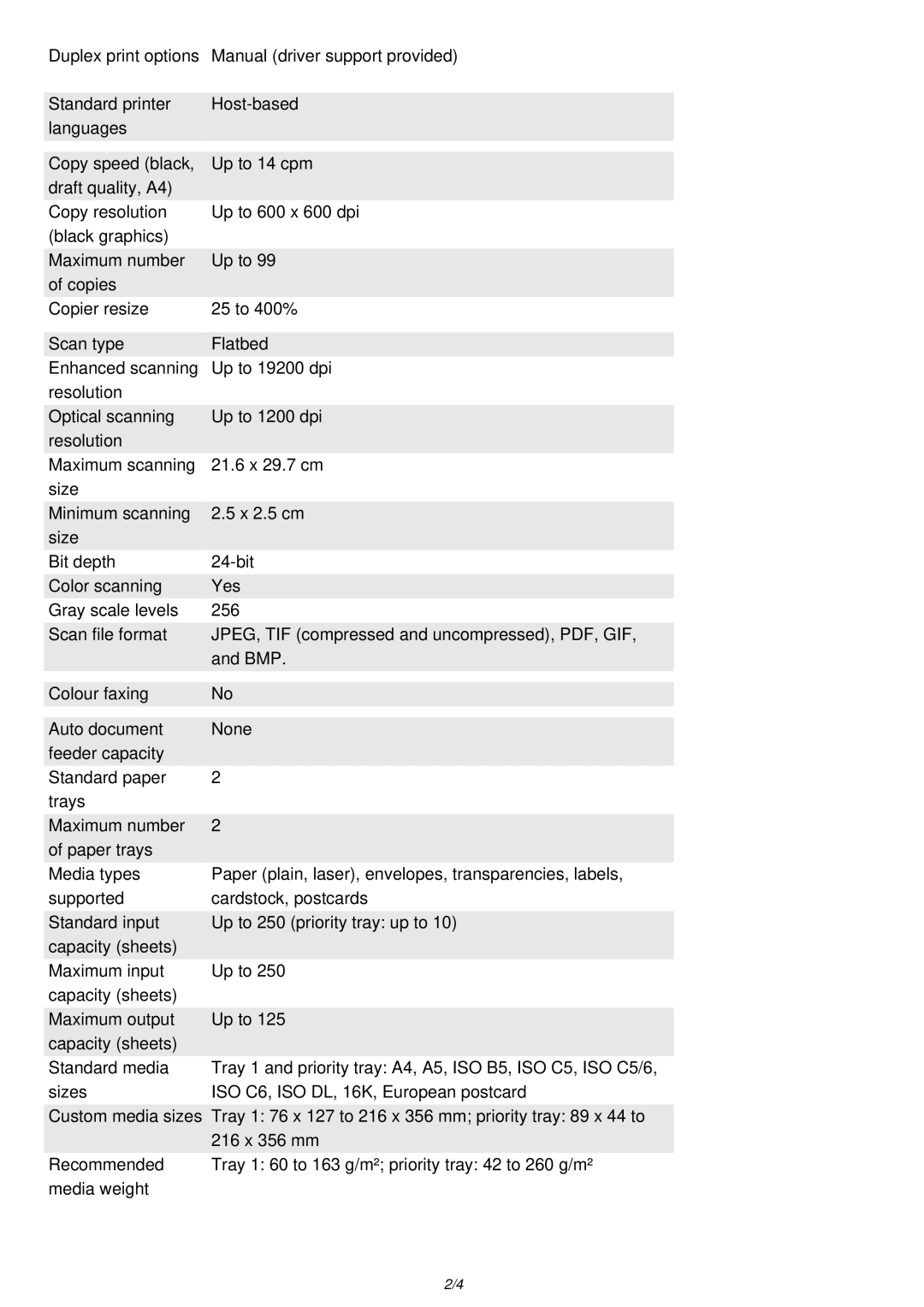M1120N specifications
The AMCC M1120N is a robust and versatile chip designed for high-performance networking solutions. Tailored for various applications, including telecommunications, data centers, and enterprise networking, the M1120N is engineered to deliver outstanding efficiency and reliability. One of the primary attributes of the M1120N is its multi-core architecture, which enhances processing power and enables the handling of multiple tasks simultaneously. This multi-core design ensures that it can manage demanding applications, making it ideal for environments where high data throughput is essential.A significant feature of the AMCC M1120N is its support for a range of networking protocols, which allows for seamless integration into existing network infrastructures. The chip is designed to accommodate both legacy protocols and the latest advancements in networking technology, ensuring compatibility and future-proofing for enterprises. The M1120N also supports Ethernet and other networking standards, fostering flexible deployment across various settings.
With respect to performance, the AMCC M1120N boasts impressive data processing capabilities. It incorporates advanced packet processing engines capable of executing complex algorithms and handling multiple streams of data with minimal latency. This is particularly important for applications that require quick and efficient data handling, such as real-time communications and streaming services.
Furthermore, the M1120N chip offers scalability, making it an ideal choice for growing enterprises and evolving technologies. Users can easily upgrade and expand their network capabilities without the need for complete system overhauls, which translates to cost savings and reduced downtime.
The chip also emphasizes power efficiency, a crucial characteristic in today's eco-conscious marketplace. The AMCC M1120N leverages energy-efficient technologies to minimize power consumption while maintaining high performance levels. This not only benefits the environment but also reduces operational costs for organizations relying on extensive networking setups.
In summary, the AMCC M1120N is a multidimensional networking solution that brings together multi-core processing, compatibility with various networking protocols, advanced packet processing, scalability, and energy efficiency. These features collectively contribute to its appeal in the competitive landscape of networking technologies, making it a suitable option for businesses aiming to enhance their communication infrastructure. As technology continues to evolve, the M1120N stands as a solid foundation for addressing both current and future networking demands.
